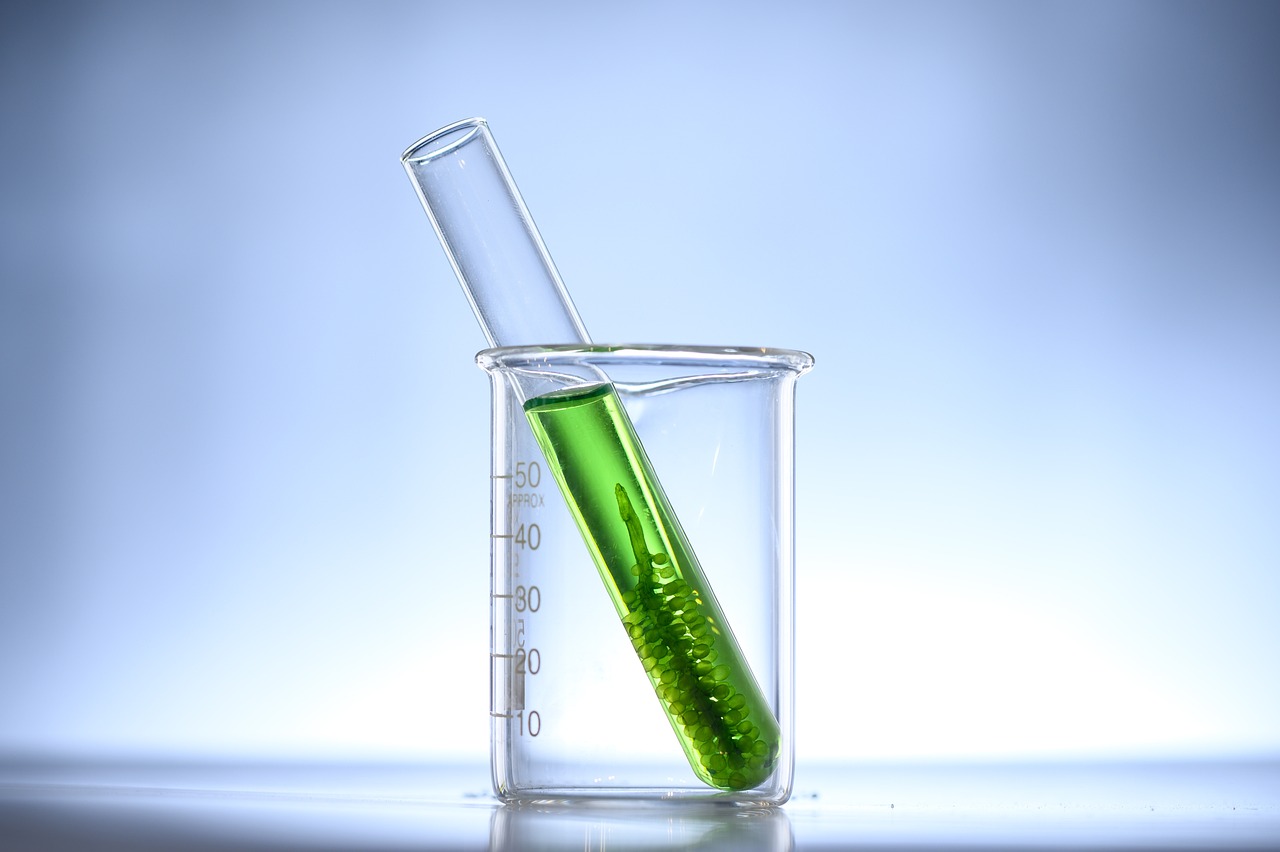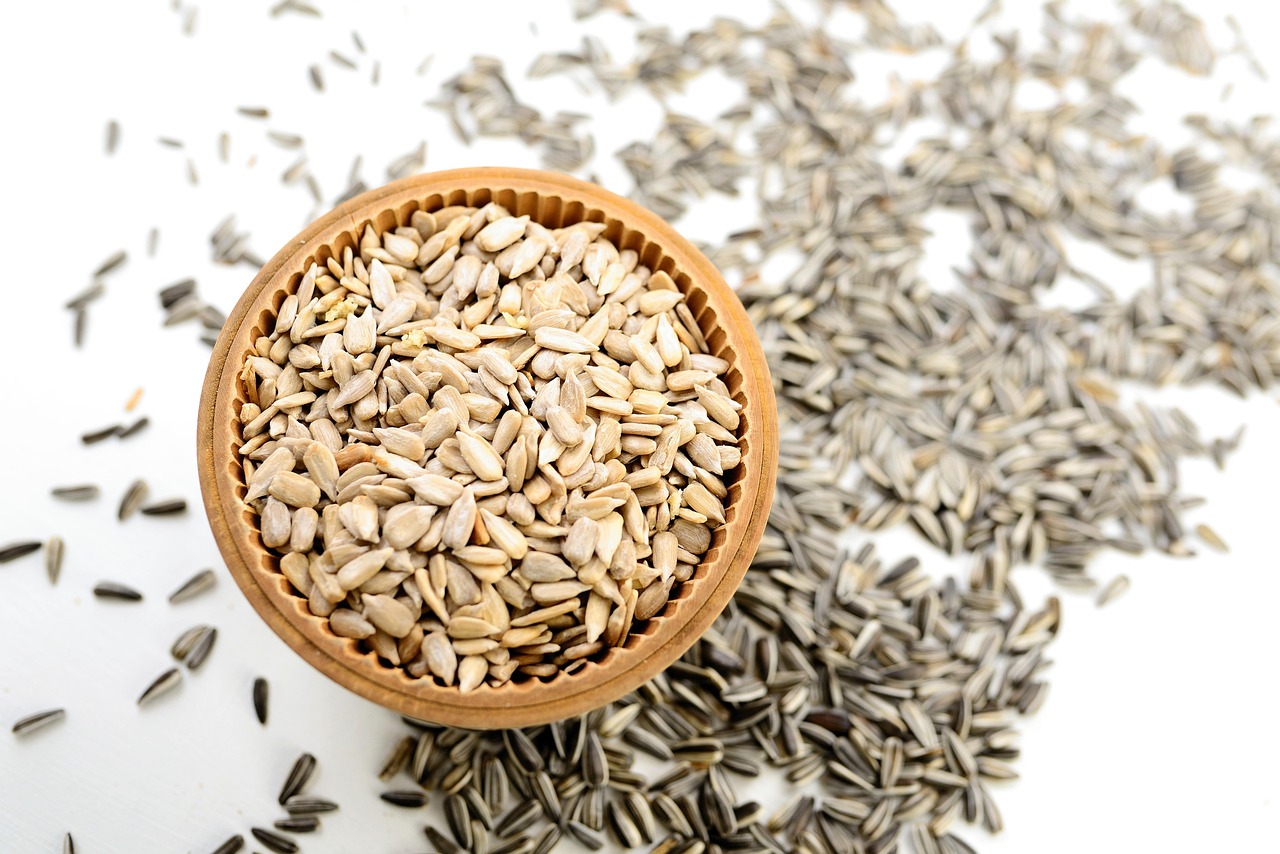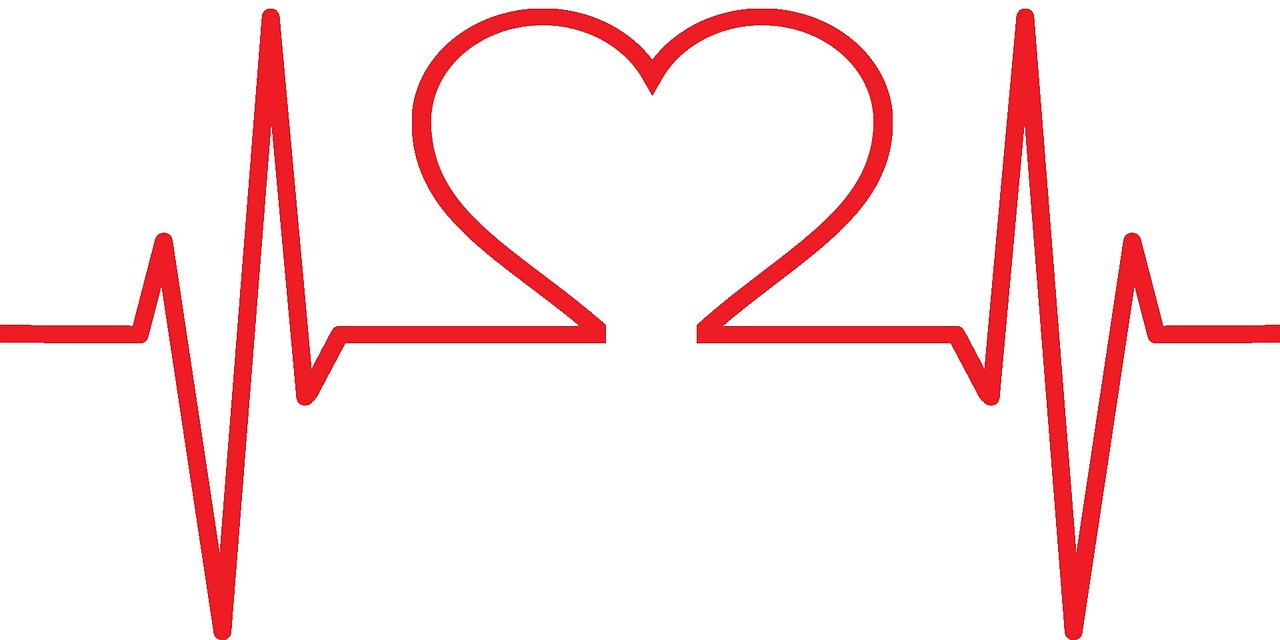This article highlights the importance of copper in the human body, particularly its essential role in antioxidant defense mechanisms and overall health. Copper is a trace mineral that is integral to various bodily functions, including energy production, iron metabolism, and immune system support.
The Importance of Copper in the Body
Copper is vital for numerous physiological processes. It contributes to the synthesis of hemoglobin and collagen, plays a role in the functioning of the nervous system, and is essential for the production of energy in cells. Without adequate copper, the body may experience significant health issues.
How Copper Functions as an Antioxidant
Copper supports the body’s antioxidant defense by aiding in the formation of critical enzymes that combat oxidative stress. This is essential for protecting cells from damage caused by free radicals, which can lead to various diseases.
Enzymatic Roles of Copper
- Superoxide Dismutase (SOD): A key enzyme that neutralizes superoxide radicals, reducing oxidative stress and cellular damage.
- Ceruloplasmin: Another copper-dependent enzyme that not only aids in iron metabolism but also acts as an antioxidant.
Sources of Dietary Copper
To maintain optimal health, it is essential to consume a balanced diet rich in copper. Foods that are excellent sources of copper include:
- Shellfish
- Nuts and seeds
- Whole grains
- Dark chocolate
Signs of Copper Deficiency
A lack of copper can lead to issues such as anemia, weakened immune function, and increased oxidative stress. Symptoms of deficiency include:
- Fatigue
- Frequent infections
- Neurological problems
Supplementation: When and How to Use Copper
In cases of deficiency or specific health conditions, copper supplementation may be beneficial. However, it is crucial to consult with healthcare professionals to determine the appropriate dosage, as excessive intake can lead to toxicity.
Conclusion: The Balance of Copper in Health
Maintaining adequate copper levels is essential for antioxidant support and overall health. A balanced diet, along with informed supplementation, can help ensure that copper levels remain within a healthy range.

The Importance of Copper in the Body
Copper is a crucial trace mineral that plays an indispensable role in various physiological processes within the human body. This essential nutrient is not only vital for energy production but also significantly influences iron metabolism and the overall functioning of the immune system. Understanding the importance of copper can help individuals appreciate its multifaceted contributions to health.
In the realm of nutritional science, copper is often overshadowed by more prominent minerals such as calcium and iron. However, its role in maintaining overall health cannot be overstated. Copper is involved in the formation of several essential enzymes, which are critical for various biochemical reactions. These enzymes facilitate processes such as the conversion of iron into hemoglobin, which is essential for oxygen transport in the blood.
Moreover, copper is a key player in the body’s antioxidant defense mechanisms. It assists in the formation of enzymes that combat oxidative stress, a condition that arises from an imbalance between free radicals and antioxidants in the body. Oxidative stress can lead to cellular damage and various chronic diseases, making copper’s role in mitigating this stress particularly important.
| Function | Role of Copper |
|---|---|
| Energy Production | Essential for ATP synthesis |
| Iron Metabolism | Facilitates iron absorption and utilization |
| Immune Function | Supports the development of immune cells |
| Antioxidant Defense | Contributes to enzyme formation that neutralizes free radicals |
Dietary sources of copper include shellfish, nuts, seeds, and whole grains. Ensuring an adequate intake of these foods can help maintain optimal copper levels in the body. However, it is essential to be aware of the signs of copper deficiency, which can include symptoms such as fatigue, frequent infections, and neurological issues.
In conclusion, maintaining adequate copper levels is vital for various bodily functions, including energy production, iron metabolism, immune support, and antioxidant defense. A balanced diet rich in copper-containing foods can help ensure that individuals meet their nutritional needs, promoting overall health and well-being.

How Copper Functions as an Antioxidant
Copper is a vital trace mineral that significantly contributes to the body’s antioxidant defense system. It plays a crucial role in the formation of various enzymes that help combat oxidative stress, which can lead to cellular damage caused by free radicals. Understanding the mechanisms through which copper operates as an antioxidant can provide insights into its importance for overall health.
One of the primary ways copper aids in antioxidant defense is through its involvement in the production of superoxide dismutase (SOD), an enzyme that is essential for neutralizing superoxide radicals. These radicals are highly reactive molecules that can cause damage to cells and tissues if left unchecked. By converting superoxide radicals into less harmful substances, SOD helps to mitigate oxidative stress and protect cellular integrity.
Another important copper-dependent enzyme is ceruloplasmin, which not only plays a role in iron metabolism but also exhibits antioxidant properties. Ceruloplasmin helps to stabilize free iron in the bloodstream, reducing the potential for oxidative damage that free iron can cause. This dual functionality underscores the multifaceted roles that copper plays in maintaining cellular health.
Moreover, copper’s role in antioxidant defense extends beyond just enzyme activity. It is involved in the synthesis of other important molecules that contribute to the body’s overall antioxidant capacity. For instance, copper assists in the formation of glutathione, a powerful antioxidant that protects cells from oxidative damage.
Incorporating copper-rich foods into your diet, such as shellfish, nuts, seeds, and whole grains, can help ensure adequate levels of this essential mineral. Maintaining a balanced intake of copper is crucial, as both deficiency and excess can lead to health complications.
In conclusion, copper functions as a vital antioxidant by supporting the activity of key enzymes like superoxide dismutase and ceruloplasmin. Its involvement in various biochemical processes highlights its significance in protecting the body from oxidative stress and promoting overall health.
Enzymatic Roles of Copper
are critical to understanding how this essential trace mineral supports various biological functions in the human body. Copper is not just a nutrient but a vital component of several enzymes that play significant roles in maintaining health and combating oxidative stress.
One of the most notable enzymes that depend on copper is superoxide dismutase (SOD). This enzyme is crucial for detoxifying superoxide radicals, which are a type of harmful free radical produced during metabolic processes. By converting these radicals into less harmful substances, SOD helps protect cells from oxidative damage, which is linked to various diseases, including cancer and neurodegenerative disorders.
In addition to SOD, copper is also a key component of ceruloplasmin, another important enzyme. Ceruloplasmin plays a dual role in the body: it aids in iron metabolism and also functions as an antioxidant. This enzyme helps to transport iron in the bloodstream while simultaneously neutralizing free radicals, showcasing copper’s multifaceted contributions to our health.
Moreover, copper-dependent enzymes are involved in various metabolic pathways, including collagen synthesis and energy production. These processes are vital for maintaining the structural integrity of tissues and ensuring that cells have the energy they need to function optimally.
To ensure adequate copper levels for these enzymatic functions, it’s essential to include copper-rich foods in your diet. Foods such as shellfish, nuts, seeds, and whole grains are excellent sources of this mineral.
In summary, the enzymatic roles of copper extend far beyond mere metabolic support; they are integral to the body’s antioxidant defense mechanisms. Understanding these roles highlights the importance of maintaining balanced copper levels for overall health and well-being.
Superoxide Dismutase: A Key Enzyme
Superoxide Dismutase (SOD) is a vital enzyme that plays a crucial role in protecting cells from oxidative damage. It serves as a primary defense mechanism against harmful free radicals, particularly superoxide radicals, which are byproducts of cellular metabolism. These radicals can cause significant cellular damage if not neutralized, leading to various health issues and diseases.
By catalyzing the conversion of superoxide radicals into hydrogen peroxide and oxygen, SOD effectively mitigates oxidative stress. This process is essential for maintaining cellular integrity and function. The presence of SOD in various tissues, particularly in the liver, brain, and lungs, highlights its importance in numerous physiological processes.
Moreover, SOD is dependent on trace elements, particularly copper and zinc, which are integral to its enzymatic activity. This dependency underscores the significance of adequate mineral intake for the optimal functioning of SOD and, consequently, for cellular health.
| Function | Product |
|---|---|
| Neutralizes superoxide radicals | Hydrogen peroxide and oxygen |
| Reduces oxidative stress | Protects cellular components |
In addition to its protective role, SOD has been studied for its potential therapeutic applications. Research indicates that enhancing SOD activity could be beneficial in treating conditions associated with oxidative stress, such as neurodegenerative diseases and cardiovascular disorders. However, the efficacy of SOD supplementation remains a topic of ongoing investigation.
In conclusion, Superoxide Dismutase is a key enzyme that plays an indispensable role in cellular defense. By converting harmful superoxide radicals into less toxic substances, SOD not only protects cells from oxidative damage but also supports overall health. Ensuring adequate levels of copper and zinc through diet or supplementation can enhance SOD activity, thereby promoting better health outcomes.
Ceruloplasmin and Its Functions
Ceruloplasmin is a crucial copper-dependent enzyme that plays a significant role in iron metabolism and antioxidant defense. This multifunctional protein is synthesized in the liver and is essential for maintaining iron homeostasis in the body. By facilitating the conversion of ferrous iron (Fe2+) to ferric iron (Fe3+), ceruloplasmin ensures that iron is properly utilized and transported throughout the bloodstream.
Moreover, ceruloplasmin acts as a powerful antioxidant. It helps neutralize harmful free radicals, thereby protecting cells from oxidative damage. This dual role in both iron metabolism and antioxidant defense underscores the importance of copper in maintaining overall health.
| Function | Description |
|---|---|
| Iron Metabolism | Facilitates the conversion of Fe2+ to Fe3+, aiding in iron transport. |
| Antioxidant Activity | Neutralizes free radicals, protecting cells from oxidative stress. |
In addition to its enzymatic functions, ceruloplasmin also plays a role in the immune system. It enhances the activity of immune cells, helping the body to fend off infections. The presence of adequate levels of ceruloplasmin is vital, as deficiency can lead to various health issues, including anemia and increased susceptibility to oxidative stress-related diseases.
- Dietary Sources of Copper: Foods rich in copper include shellfish, nuts, seeds, and whole grains.
- Signs of Deficiency: Symptoms may include fatigue, frequent infections, and neurological issues.
- Supplementation: It is essential to consult healthcare professionals before starting copper supplements to avoid toxicity.
In conclusion, ceruloplasmin exemplifies the multifaceted roles of copper in the body. Its involvement in iron metabolism and antioxidant defense highlights the importance of maintaining sufficient copper levels through a balanced diet or appropriate supplementation. Understanding these functions can aid in promoting optimal health and preventing deficiencies.
Sources of Dietary Copper
Copper is an essential trace mineral that plays a crucial role in maintaining overall health. A balanced diet is key to ensuring adequate copper levels in the body. Below are some of the best dietary sources of copper that can help you meet your nutritional needs:
- Shellfish: Shellfish, particularly oysters, are among the richest sources of copper. Just a small serving can provide more than the daily requirement of this vital mineral.
- Nuts: Nuts such as cashews and almonds are not only delicious but also packed with copper. They make for a great snack option while contributing to your daily copper intake.
- Seeds: Sunflower seeds and sesame seeds are excellent sources of copper. Adding these to salads or smoothies can enhance both flavor and nutrition.
- Whole Grains: Whole grains like quinoa, barley, and oats are good sources of copper. Incorporating these into your meals can provide a substantial amount of this mineral.
- Legumes: Beans and lentils are not only rich in protein but also provide a good dose of copper. They can be easily added to soups and stews for added nutrition.
- Dark Chocolate: For those with a sweet tooth, dark chocolate is a surprising source of copper. Consuming it in moderation can contribute to your copper levels while satisfying cravings.
Incorporating a variety of these foods into your diet can help ensure that you maintain optimal copper levels, which are essential for various bodily functions, including antioxidant defense and immune system support.
Conclusion: A well-rounded diet rich in copper-containing foods can significantly contribute to your health. Remember to enjoy these foods in moderation to achieve a balanced nutrient intake.

Signs of Copper Deficiency
Copper is a trace mineral that is essential for various bodily functions. A deficiency in copper can lead to a range of health issues that can significantly affect an individual’s quality of life. Understanding the signs of copper deficiency is crucial for early detection and intervention.
- Anemia: One of the most common symptoms of copper deficiency is anemia, characterized by low hemoglobin levels. This occurs because copper is vital for iron metabolism, and without adequate copper, the body struggles to utilize iron effectively.
- Weakened Immune Function: Copper plays a significant role in maintaining a healthy immune system. Deficiency can lead to an increased susceptibility to infections, as the body lacks the necessary resources to fight off pathogens.
- Increased Oxidative Stress: Copper is integral to the activity of antioxidant enzymes. A deficiency can result in heightened oxidative stress, leading to cellular damage and contributing to various chronic diseases.
- Fatigue and Weakness: Individuals with copper deficiency often experience unexplained fatigue and general weakness, which can impact daily activities and overall productivity.
- Neurological Issues: Severe copper deficiency may lead to neurological problems such as numbness, tingling in the extremities, and even cognitive decline, highlighting the mineral’s role in brain health.
Risk Factors for Copper Deficiency
Certain populations may be more susceptible to copper deficiency, including:
- Individuals with malabsorption disorders, such as celiac disease.
- Vegans and vegetarians who do not consume sufficient copper-rich foods.
- People with certain genetic conditions that affect copper metabolism.
Conclusion: Recognizing the signs of copper deficiency is essential for maintaining overall health. If you suspect a deficiency, consulting a healthcare professional for proper testing and dietary recommendations is advisable.
Symptoms of Copper Deficiency
Copper is a vital trace mineral that is essential for various bodily functions, including the formation of red blood cells and the maintenance of nerve cells. A deficiency in copper can lead to several health complications, which can significantly impact an individual’s quality of life.
Common symptoms of copper deficiency include:
- Fatigue: One of the most prevalent symptoms, fatigue can result from the body’s inability to produce enough energy due to impaired iron metabolism.
- Frequent Infections: Copper plays a crucial role in supporting the immune system. A deficiency can compromise immune function, making individuals more susceptible to infections.
- Neurological Issues: Insufficient copper levels can lead to neurological problems, including numbness, tingling, and difficulty in coordination.
- Bone Abnormalities: Copper is essential for bone health, and deficiency can result in weakened bones, increasing the risk of fractures.
- Anemia: Copper is necessary for the absorption of iron; a lack of copper can lead to iron deficiency anemia, characterized by fatigue and weakness.
These symptoms can vary in severity based on the degree of deficiency and the individual’s overall health. It is important to recognize these signs early to prevent further complications.
Individuals at higher risk for copper deficiency include those with malabsorption issues, such as individuals with celiac disease or Crohn’s disease, as well as those on restrictive diets. Addressing copper deficiency through dietary adjustments or supplementation is crucial for restoring health and preventing serious health issues.
In conclusion, maintaining adequate copper levels is essential for overall health. Recognizing the symptoms of copper deficiency can lead to timely interventions, ensuring that individuals receive the necessary nutrients for optimal well-being.
Risk Factors for Deficiency
Risk Factors for Copper Deficiency
Copper is an essential trace mineral that plays a critical role in various bodily functions, including energy production and antioxidant defense. However, certain populations may be particularly vulnerable to copper deficiency. This section will explore the primary risk factors associated with inadequate copper intake.
- Malabsorption Disorders: Individuals with conditions such as celiac disease, Crohn’s disease, or other gastrointestinal disorders may struggle to absorb copper effectively. This impaired absorption can lead to a significant deficiency over time.
- Restrictive Diets: People following strict diets, such as vegans or those with food allergies, may not consume enough copper-rich foods. Foods high in copper include shellfish, nuts, seeds, and whole grains, which may be limited in certain dietary patterns.
- Age: Older adults may experience changes in their digestive systems that affect nutrient absorption, including copper. Additionally, age-related dietary changes can also contribute to lower copper intake.
- Genetic Factors: Some genetic disorders, like Menkes disease, can impair copper absorption and distribution in the body, leading to severe deficiencies.
- Medications: Certain medications, such as those used to treat high cholesterol or gastric acid suppression, can interfere with copper absorption, increasing the risk of deficiency.
Given these factors, it is essential for at-risk individuals to be aware of their copper intake and consider dietary adjustments or supplementation. Regular check-ups with healthcare professionals can also help monitor copper levels and prevent deficiency-related health issues.
Conclusion: Understanding the risk factors associated with copper deficiency is crucial for maintaining overall health. By addressing these risks through diet and awareness, individuals can help ensure they meet their copper needs effectively.

Supplementation: When and How to Use Copper
Copper is an essential trace mineral that plays a significant role in various bodily functions. While it is crucial for health, copper supplementation should be considered carefully. This article explores when and how to use copper supplements, emphasizing the importance of appropriate dosage and potential risks.
Understanding Copper Supplementation
Copper supplementation may be beneficial for individuals who are deficient in copper or have specific health conditions that require increased copper intake. Deficiency can lead to serious health issues, including anemia, weakened immune function, and increased oxidative stress.
- Deficiency Symptoms: Symptoms of copper deficiency can include fatigue, frequent infections, and neurological problems.
- At-Risk Populations: Certain groups, such as those with malabsorption disorders or restrictive diets, may be more susceptible to deficiency.
When to Consider Supplementation
Supplementation is generally recommended when dietary intake is insufficient or when specific health conditions arise. However, it is crucial to consult with a healthcare professional to determine the need for supplementation and to establish the appropriate dosage.
Recommended Dosages
The recommended daily allowance (RDA) for copper varies by age and gender, but for adults, it is typically around 900 micrograms per day. Exceeding this amount can lead to toxicity, which can manifest as:
- Gastrointestinal distress
- Liver damage
- Neurological issues
Potential Side Effects of Excess Copper
High levels of copper can result in serious health complications. Symptoms of copper toxicity may include nausea, vomiting, and abdominal pain. Long-term exposure can lead to more severe conditions, making it essential to maintain a balanced intake.
Conclusion: Safe Copper Supplementation
In conclusion, while copper supplementation can provide benefits in cases of deficiency or specific health conditions, it must be approached with caution. Always consult with a healthcare professional to ensure safe and effective use.
Recommended Dosages
Understanding the appropriate dosage of copper is essential for maintaining health and preventing potential health risks. Copper, while necessary for various bodily functions, can be harmful in excessive amounts. It is crucial to emphasize that consulting with healthcare professionals before starting any supplementation is highly recommended.
The recommended dietary allowance (RDA) for copper varies by age, gender, and life stage. For adults, the RDA is approximately 900 micrograms per day. Pregnant and lactating women may require slightly higher amounts to support fetal and infant development. It’s essential to tailor copper intake to individual needs, as factors like diet, health conditions, and lifestyle can influence requirements.
| Age Group | Recommended Dosage (micrograms/day) |
|---|---|
| Children (1-3 years) | 340 |
| Children (4-8 years) | 440 |
| Children (9-13 years) | 700 |
| Adults | 900 |
| Pregnant Women | 1,000 |
| Lactating Women | 1,300 |
Excessive copper intake can lead to toxicity, which may manifest as symptoms such as nausea, vomiting, abdominal pain, and even more severe conditions like liver damage or neurological issues. Therefore, it is vital to monitor copper levels and avoid self-supplementation without professional guidance.
In conclusion, while copper is a crucial mineral for health, understanding the and potential risks of excess intake is paramount. Always prioritize advice from healthcare professionals when considering copper supplementation.
Potential Side Effects of Excess Copper
Copper is a vital trace mineral that plays an essential role in various bodily functions, including the formation of red blood cells, the maintenance of healthy bones, and the functioning of the nervous system. However, excessive copper intake can lead to a range of health issues that warrant attention.
High levels of copper in the body can result in significant health complications. One of the most common effects is gastrointestinal distress, which may manifest as symptoms such as nausea, vomiting, abdominal pain, and diarrhea. These symptoms occur because excess copper can irritate the digestive tract, leading to discomfort and digestive issues.
Another serious concern associated with elevated copper levels is liver damage. The liver plays a crucial role in processing and excreting copper. When copper accumulates beyond the liver’s capacity, it can lead to conditions such as hepatitis or even liver failure in severe cases. Regular monitoring of copper levels is essential for individuals at risk of liver-related issues.
Moreover, neurological issues can arise from excessive copper accumulation. Symptoms may include headaches, mood swings, and cognitive impairments. Prolonged exposure to high copper levels may even contribute to neurodegenerative diseases, highlighting the importance of maintaining a balanced intake.
To avoid these adverse effects, it is crucial to monitor copper consumption through diet and supplements. Foods high in copper include shellfish, nuts, and seeds, but moderation is key. If considering copper supplements, it is advisable to consult a healthcare professional to determine the appropriate dosage.
In conclusion, while copper is essential for health, maintaining a balanced intake is crucial to prevent potential side effects. Awareness of the symptoms of copper toxicity and regular health check-ups can help mitigate risks associated with excessive copper levels.

Conclusion: The Balance of Copper in Health
Maintaining adequate copper levels is essential for antioxidant support and overall health. Copper, as an essential trace mineral, plays a significant role in various bodily functions, including energy production, iron metabolism, and immune system performance. A well-balanced diet, rich in copper, can help ensure that your body has the necessary nutrients to function optimally.
Dietary sources of copper include a variety of foods.
- Shelfish: Oysters and other shellfish are among the richest sources of copper.
- Nuts and Seeds: Cashews, almonds, and sunflower seeds are excellent options.
- Whole Grains: Foods like quinoa, barley, and whole-wheat products provide substantial copper content.
- Legumes: Lentils and chickpeas are also good sources.
In some cases, dietary intake alone may not suffice to meet the body’s copper requirements. This is particularly true for individuals with certain health conditions or dietary restrictions. In such instances, informed supplementation can be beneficial. However, it is crucial to approach copper supplementation with caution, as excessive intake can lead to toxicity. Consulting with a healthcare professional is essential to determine the appropriate dosage tailored to individual needs.
Signs of copper deficiency can manifest in various ways, including fatigue, weakened immune response, and increased oxidative stress. Recognizing these symptoms early on can help in taking proactive measures to restore balance. Additionally, being aware of risk factors for deficiency, such as malabsorption issues or restrictive diets, can aid in maintaining adequate copper levels.
In conclusion, achieving a balance of copper in the body is vital for supporting antioxidant mechanisms and overall health. By focusing on a diverse and balanced diet, along with careful supplementation when necessary, individuals can effectively maintain optimal copper levels to support their health.















